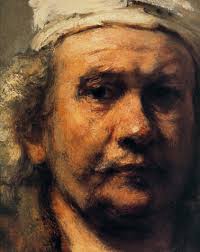It wasn’t meant to snow that night –
but it did;
and what remains is dim, vague, distinctive
as a pocket-full of snow.
Four characters, two pairs: her, you,
Him, I: each at our own points of exquisite crisis
Each feeling the violent edge of beauty, fancy
Meeting Fate’s appointment like that,
In the night-light of a remote Icelandic refuge hut
For July snow.
Except for the absent moon, it was like a story:
There was trade and exchange
of dreams, anecdotes, feelings;
traveller’s stories and impressions,
the pushing and poking about of
words like ‘nature’ and ‘paradise’
and discussion of what a country is and
what it could be.
Poems were recited, songs sung
Whisky poured, eyes stung
I thought I saw him cry
In the middle of Halldór Laxness
And I wanted to lick the tear from his cheek.
Suddenly the glacier cracked.
And a riffle of dirty ice appeared,
Verse sucked up the smoke from my cigarette
And alighted upon the lips of a white promise.
I heard him say from outside:
Her? She’s just a hick,
came in with the fog from the sea
A changeling, a woman-child –
She means naught to me.
Let the lie ring out until you don’t believe it
Allow me to complicate your mastery.
Grind up lava with ice
Blast together rose-red and black rock
Let tephra ring out against the proud mountainside
And Hildebraught gyrate like a Japanese sea.
Unreal one, re-mystify me:
engage with paradox, this elemental entropy
and how much realer the dream
can be than money, power and your brain;
that strange and solitary dancer.
Sin again. Let the wind singe again,
Change its course, overturn this mini ice-age
What our ancestors whispered about
The coming of winter in the long-awaited spring.
Ache with lust in the temporary snow,
Where the drift, paddle-footed as hounds feet
is the very flag to his song and the
welter of blood in my vomit is like a hand waving at me
Saying do what you want but don’t think twice,
Life is just a dream.
Because nothing cuts like the ice.
July 2015



